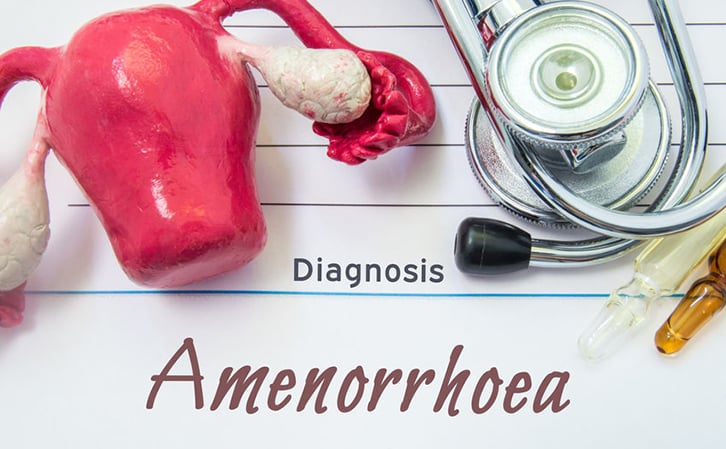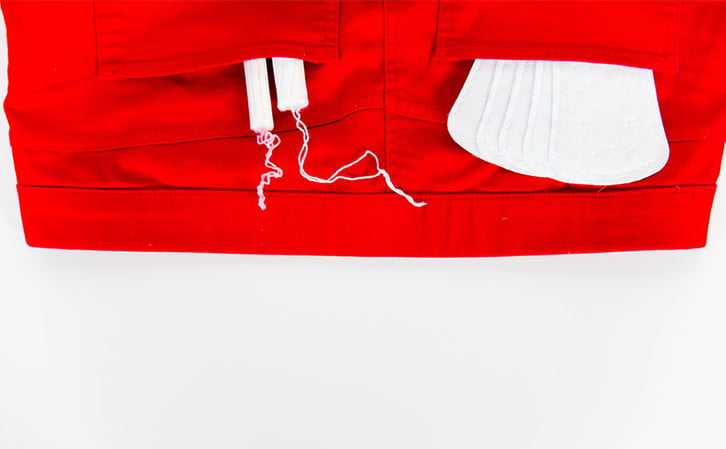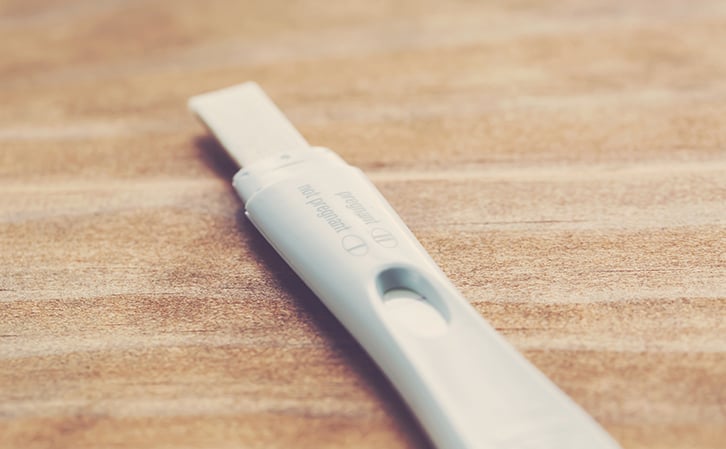How Spinal Cord Injury Affects Menstruation in Women with Paralysis
After a spinal cord injury, the body can go into shock in many ways. For women, their menstrual cycle can be affected. While most women with spinal cord injuries enjoy normal reproductive function after their injuries, their reproductive system may stop during the acute phase, as the body heals.
A menstrual cycle is a part of life for many women, and that includes women with spinal cord injuries. In the past, women with spinal cord injuries would get a Depo-Provera shot to prevent menstruation, as it was thought it would make it easier for the caregivers who helped them. Fortunately, however, the views of medical personnel of menstruation and women with disabilities have changed over the years.
Most women of childbearing age have normal menstruation post-SCI, but the way they manage it will change. Not being able to stand changes many aspects of managing menstruation. Read on for a summary of how menstruation is affected in women with spinal cord injuries.
Does Menstruation Stop and When Does It Return?

After a spinal cord injury, when the body goes into shock the menstrual cycle will sometimes temporarily cease. This is called amenorrhea and can vary in length depending on the woman. For some, it can be as short as three months but for others, it can last for as long as a year. The average length of this cessation in menstruation for most women is six months. About 50% of women will not experience amenorrhea.
Recommended Menstruation Products

If you are a woman with an SCI who menstruates regularly, it can be hard to decide if you should use a tampon or pad. This decision ultimately depends on your ability and comfort level. For paraplegics, many will use tampons because they are better on the skin. You must, however, be able to independently insert it and remove it on your own, unless you have help.
It is recommended that you change a tampon a minimum three times a day to avoid toxic shock syndrome. For some women with paraplegia, they can do this in their wheelchair, but for many, they will need to transfer out of their wheelchair to change it, usually on a toilet seat or in bed. Many women prefer using tampons because they are more hygienic, and do not move when transferring.
Other women, those who are unable to use tampons independently and those who just prefer it, will use menstrual pads. It is important to use pads with wings so that the pad does not move while shifting in your wheelchair and transferring. Be careful of your bikini line while using menstrual pads as well. They can be abrasive on the skin. There are menstrual pads that are built into underwear that are popular among many women with spinal cord injuries on are better on the skin. You can learn more about these at Apele: https://apele.com/
Some women prefer not to get their monthly visitors. While IUDs are not recommended for women with spinal cord injuries because of lessened sensation, implantable birth control is recommended such as Norplant. This birth control method can cease your monthly menstruation, which is appealing to many women with spinal cord injuries, especially those who do their care.

It is important to remember that women with spinal cord injuries are just as fertile as they were before their injuries. Remember to use birth control if you are sexually active. Condoms are recommended over the pill to avoid blood clots. Also, make an appointment with a gynecologist within the first year of your injury so you can make sure everything is healthy. And don’t forget to inquire about accessibility for your appointment.
Sources:
- The impact of spinal cord injury on female sexuality, menstruation and pregnancy: a review of the literature.
https://www.ncbi.nlm.nih.gov/pubmed/1885948
- Northwest Regional SCI System
http://sci.washington.edu/info/forums/reports/women_sci.asp
- Observations on menstruation and pregnancy among female spinal cord injury patients Nature.com
https://www.nature.com/articles/sc196543
- Sexual Function for Women after Spinal Cord Injury Craig Hospital https://craighospital.org/resources/sexual-function-for-women-after-spinal-cord-injury
Stay Updated on Advancements On Traumatic Brain &
Spinal Cord Injuries
About the Author




